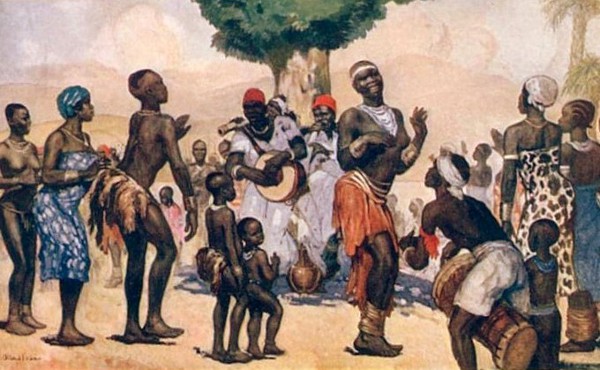
Twerking: Exploring Its Cultural Roots and Contemporary Influence

By Laurieann Simpson
Twerking is a dance style that has gained immense popularity in recent years, and it is often associated with the African American community. While twerking has undoubtedly played a significant role in contemporary dance culture, it is important to understand its historical context and the nuanced relationship it shares with black culture.
Twerking’s origins can be traced back to various African and African American dance traditions. It has elements of West African dance, particularly in the use of rhythmic hip movements, which have been a central feature of traditional African dances for centuries. Additionally, twerking draws inspiration from the “mapouka” dance in Côte d’Ivoire and the “dougie” dance in African American communities. These connections to African and African American dance cultures suggest that twerking has deep roots in black culture.
In the contemporary context, twerking has evolved into a mainstream dance style and is often associated with hip-hop and rap music. It has found its way into music videos, live performances, and social media platforms, becoming a symbol of empowerment and self-expression for many.
However, twerking has faced criticism for its sexualized nature and the objectification of women’s bodies. Some argue that the appropriation and commodification of twerking in mainstream media and entertainment have led to its detachment from its cultural roots.
The debate around whether twerking is a part of black culture hinges on the distinction between cultural appropriation and cultural appreciation. Cultural appropriation occurs when elements of one culture are taken and used by another culture without acknowledgment, often stripping away their original significance. In the case of twerking, the criticism often arises from its commodification and exploitation, with little recognition of its African and African American roots.
Conversely, cultural appreciation involves a genuine understanding and respect for the cultural origins of a particular practice. When performed with this appreciation, twerking can be a celebration of black culture and a way to honor its rich history. It is essential to recognize that twerking is more than just a dance; it’s a reflection of the vibrancy and diversity of black culture.
By Twerking is a dance style that undoubtedly has roots in African and African American dance traditions. Its evolution into mainstream culture has sparked discussions about cultural appropriation and appreciation. While twerking is often celebrated as a form of self-expression and empowerment, it is crucial to remember and respect its cultural origins and the complexities surrounding its modern usage.
In conclusion, whether twerking is considered a part of black culture is a matter of perspective and context. By acknowledging its historical roots and respecting its cultural significance, twerking can be celebrated as an essential part of black culture, reminding us of the rich and diverse traditions that have contributed to contemporary dance and music.







